-
Odd Mom Out, Bravo
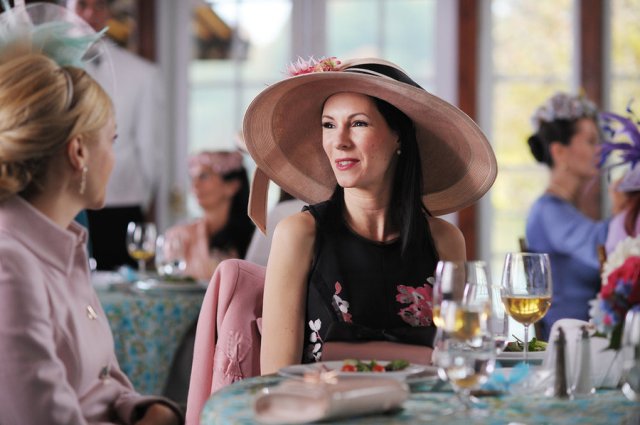
Nicole Rivelli—Bravo Jill Kargman as Jill in Odd Mom Out. Much has been made of the recent announcement that we’ve reached “Peak TV.” It seems we really are at a point where there’s too much on television for any fan to reasonably be expected to follow. But in a time of abundance, why mourn the shows that have failed to find their audience when one can celebrate the strange little blooms that might never have existed otherwise? Bravo, a network best known for its endless Real Housewives franchise, this year put out a sharp-toothed (and, unusually for Bravo, scripted) social satire of life among Manhattan moms, one whose target, more often than not, was its own protagonist’s idea of herself as somehow better than the socialites in her milieu. It’s the smartest piece of anthropology on cable—and something to make TV fans grateful that something so specific and deeply thought-through can exist in the shallow end of cable’s pool.
-
Empire, Fox
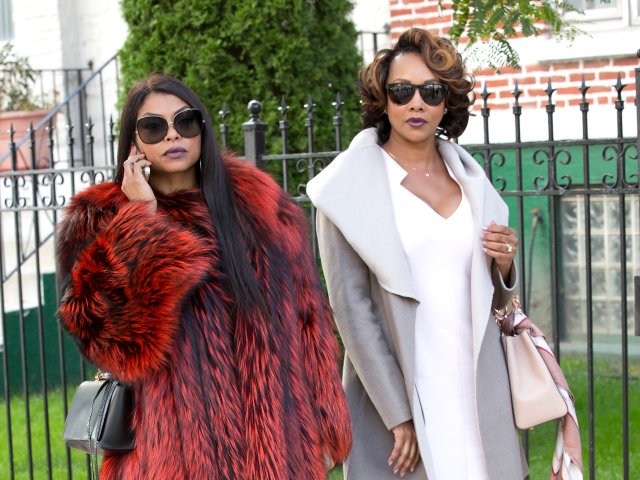
Chuck Hodes—FOX. Taraji P. Henson as Loretha "Cookie" Lyon and guest star Vivica A. Fox in Empire. Empire was the TV business story of the year for its anti-gravitational ratings pull; each week in its first season, the viewership just kept going up, contrary to convention. A lot of that is about spectacle. But the spectacle here — chiefly, Taraji P. Henson’s fierce and deeply controlled performance as Cookie, a scorned wife determined to get her fair share — is better-executed than anything this side of the Super Bowl. And the narrative bones of the show, a straightforwardly Shakespearean tale of filial loyalty and competition, are strong enough to provoke laughs and tears, along with endless tweets. Even as the show endures second-season growing pains, viewers should underestimate the Lyons at their own peril.
-
The Leftovers, HBO
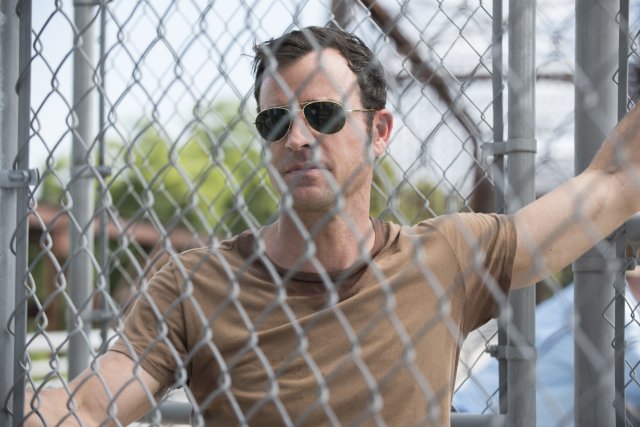
Van Redin—HBO Justin Theroux in season 2 of The Leftovers. Early on, The Leftovers — a drama taking place after the mysterious disappearance of two percent of the world’s population — was unwatchably grim. In its second season, the show is certainly still (very!) sad, but we’ve moved beyond the simple pain of grief into something more searching and curious. The action and the first season’s central actors have moved to a Texas town where no one vanished. As a result of this seeming miracle, goat sacrifices and religious pilgrimages have become unremarkable; human frailty, by contrast, seems strange. Having gotten sheer brutality out of their system, the show’s writers have figured out that the central story of The Leftovers is an unsolvable mystery, the sort of enigma that makes life painful—and ecstatic, too.
-
I Am Cait, E!

James White—E! Entertainment Caitlyn Jenner in season 1 of I Am Cait. Caitlyn Jenner’s transition, one of the biggest news events of the year, was almost entirely mediated through television cameras: a Diane Sawyer interview, a Keeping Up With the Kardashians special, a speech at the ESPYs. With that in mind, E!’s I Am Cait had been easily dismissed as just another opportunity to get Jenner on TV, but it’s among the most subversive things a star of Jenner’s caliber could have done. The show’s plot stems from Jenner’s attempts to become a role model — a process through which she repeatedly, and jarringly, comes face-to-face with her own deficiencies as a parent and as an activist. Reality shows are too often, still, lampooned: Call this one, though, an anti-vanity project.
-
Master of None, Netflix
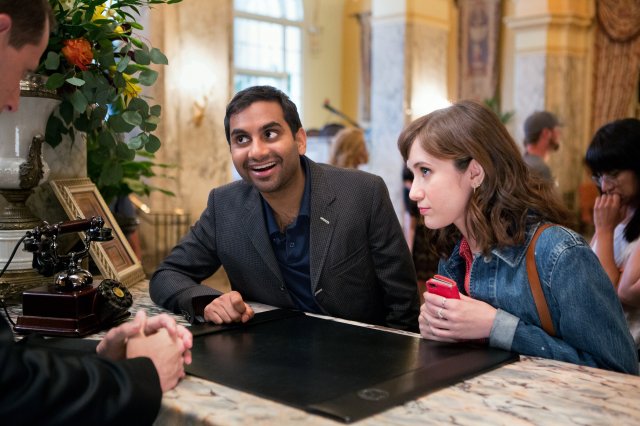
K.C. Bailey—Netflix Aziz Ansari and Noël Wells in season 1 of Master of None. Master of None is an unusually assured debut, allowing the comedian Aziz Ansari to do two unusual things. The first is simply to be himself on television; as the series itself points out, it’s rare for a South Asian actor to play the lead, and episodes approach, say, life as the child of immigrants or as a typecast aspiring actor from a perspective that’s very hard to find elsewhere. The other rare thing Ansari does is to wear his heart on his sleeve. For all the political commentary, this is, too, an out-and-out romantic comedy, and Ansari’s lovelorn performance, given ten episodes to develop, is among the most winning in memory.
-
Mr. Robot, USA
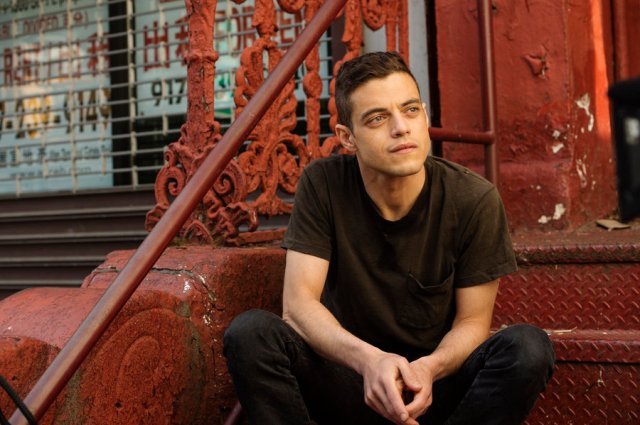
David Giesbrecht—USA Network Rami Malek in season 1 of Mr. Robot. Mr. Robot may have been the most handsomely produced show of the year, but that’s where its loyalty to old-school values ends. The drama, about hackers seeking to bring down predatory corporate culture, expected a great deal of attention from its audience as it told a tale of the deep web far more sophisticated than had been seen on TV before. Delivering the best male performance of the year, star Rami Malek plays a super-hacker loyal to no one but his idea of himself; his disaffection mirrored the show’s. He already knows he lives in a post-apocalyptic world. We’re forced to catch up.
-
Fargo, FX
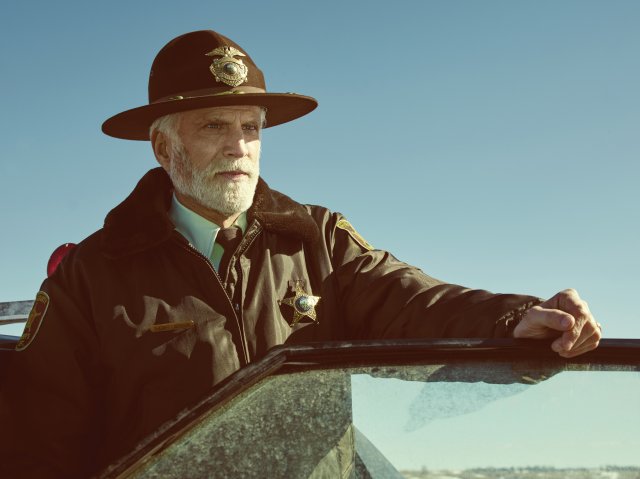
Mathias Clamer/FX Ted Danson in season 2 of Fargo. The second season of this anthology series has little to say about the Coen brothers’ 1996 film; indeed, it takes place nearly 20 years previous, in 1979, with candidate Ronald Reagan ascendant. Reagan, played by Bruce Campbell, promises to fix an America that appears to be coming apart at the seams, nowhere more so than in the upper Midwest, where corruption large and small has taken root at more or less every level of society. Situations escalate endlessly as they do on the best comedies: No show does a better job of showing how average people get sucked into madness. (Kirsten Dunst and Jesse Plemons, as a naive married couple in a hell of their own making, are best in show.)
-
Inside Amy Schumer, Comedy Central
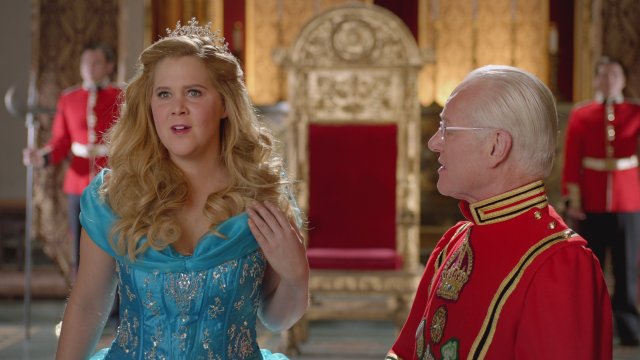
Comedy Central Amy Schumer in season 3 of Inside Amy Schumer. Amy Schumer is doing the most explicitly political comedy on TV; the crazy part is that it’s funny. Schumer, in the third season of her sketch series, managed to carry across sharp ideas about what it means to be a woman — in relationships, at work, in Hollywood — without, somehow, ever lecturing the audience. Among her freshest material dealt with the way Schumer herself is perceived, like the landmark 12 Angry Men parody, in which the comedian’s appearance is endlessly parsed by a jury of her haters.
-
Mad Men, AMC
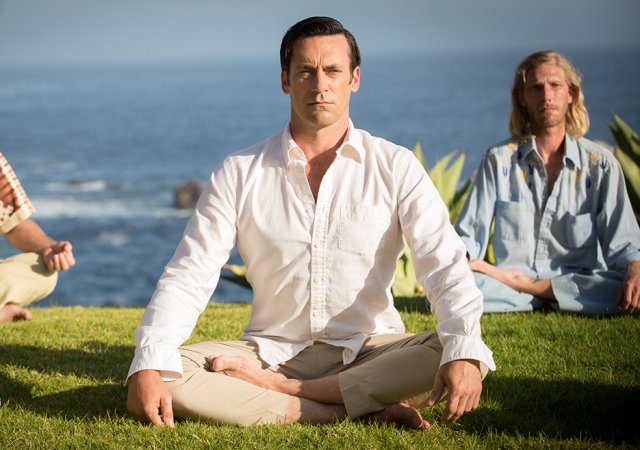
Justina Mintz/AMC Jon Hamm in season 7 of Mad Men. Mad Men’s story wrapped up in the first part of the season, which is why its final episodes were so gloriously watchable. This structure indulged us last looks at the lives of each character, especially Don, on a vision quest whose pointlessness was the point. There was tragedy (in January Jones’s transcendent performance as a dying Betty) and, for other characters, the sort of unglamorous joy that comes from simply continuing on in a life’s work. Rarely has a protracted final season felt quite so much like a victory lap.
-
Veep, HBO
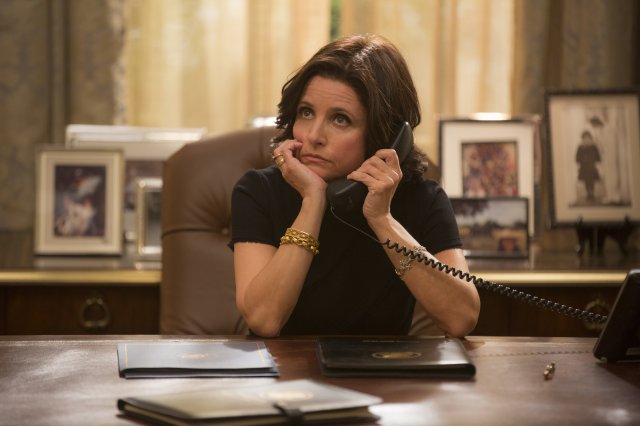
Patrick Harbron—HBO Julia Louis-Dreyfus in season 4 of Veep. There’s no way to know which — if any — of the many politics-themed shows on TV accurately depict what goes on among our government’s most powerful. But Veep, more than ever, depicts just how those walls of power tend to close in tighter and tighter as one’s power grows. As President, former VP Selina Meyer is beholden to advisers, rivals, and her own vanity. Expertly played by Julia Louis-Dreyfus, she’s both a fumbling female Nixon and humanizing proof that any of us could become Nixon, given the right set of allies and adversaries. As the race for the White House heats up with banalities and absurdities, Veep is not merely the best-executed show of the year. It’s the most relevant.